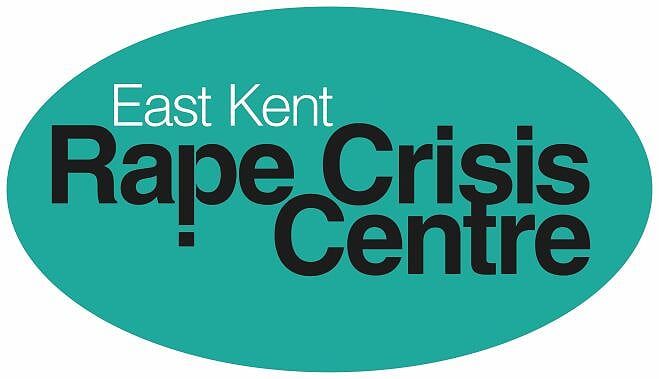Sexual abuse support
Supporting a survivor of sexual abuse is not easy, and it is very easy to say the wrong thing or behave in a way that can be perceived as negative or unhelpful, even if this was not your intention. Relatives and guardians, teachers, colleagues and friends may find this section useful
Dos
Listen.
You might find it really hard to listen to, and you might have a lot of questions, but try not to interrupt or ask anything. Let them speak about what they want to speak about.
Believe.
If someone has disclosed to you that they have been sexually assaulted, they have put a lot of trust in you. Many people often think that they won’t be believed and try to deal with it on their own. It might be very difficult for you to accept, but listen to what they are telling you.
Let them make their own decisions.
If the person you are supporting is an adult, it’s important to remember that it is their choice whether or not they want to report the assault to the police, or whether they want to tell anyone. You cannot make that decision for them.
Take care of yourself too.
Although you’re not the person directly affected, be aware that this is hard for you too, and that’s okay. You can speak to trained individuals confidentially through counselling service or helpline if you feel that you need some support.
Don'ts
Don’t ask lots of questions.
It’s natural to think that the more you ask, the more you’ll know and the more you can help. However in this situation, that’s not necessarily true. Let her/him lead the conversation. If there’s something that they’ve left out, they may not be ready to talk about it yet.
Don’t take control without their consent.
When someone you care about is feeling vulnerable or unsure of what to do, it’s natural to want to take control and try and fix things. Pause, and remember that people who have been sexually assaulted often feel like they have lost control. It’s really important to ask for their consent and let her/him make their own choices, even if you don’t agree with them.
Don’t ask “Why did you?” or “Why didn’t you?”
You might not understand why they didn’t call the police or tell you straight away or why they didn’t fight back or shout. They might not understand this either. We don’t always act how we think we would in any given situation. During traumatic situations, our brains make a decision, whether conscious or not, to keep ourselves as safe as possible at that moment. Asking these types of questions can make the person feel like you are blaming or judging them and make them feel like it is their fault.
If you would like to further your training and overall knowledge of the issues and myths concerning sexual violence and coercion, including sexting, social media and the role you can play in spotting, reporting, challenging and changing these behaviours, visit our Workshops and Training
section.












